Typically on Wednesday afternoons, the Arapahoe Community College library is a quiet, relaxing place to unwind or study. However, this was not at all the case this previous Wednesday afternoon when the library was a loud, bustling place where a myriad of people gathered for a panel titled “The World on Fire: The 1960s/1970s”.
“I expected five people to show up”, event coordinator Jaden Netwig says jovially as he passes out companion guides to the audience, realizing he made far too few copies to accommodate the much larger-than-expected turnout. The seating was entirely full, many had to stand or use nearby benches and couches to catch the fascinating dialogue to come.
The panel stems from an ANT (anthropology) 2085 class run by an ACC anthropologist, Jaden Netwig. It is a “single unit” class, where students register for the course and according to Netwig, “can explore topics of their interest in depth.” So, a student chooses a subject matter to explore, consults with Netwig, and gets to conduct in-depth research through the entirety of the semester. To show what they learned in class, students must share what they learned from their research in a manner of their choosing. “Instead of a paper, individual public lecture, or a presentation, they (the students) wanted to do this panel discussion,” Netwig claims. In essence, this event is the brainchild of three of Netwig’s ANT 2085 students: Ann Eldridge, Monica Turner, and Becca Graham. Each of these students, and Netwig, shared their findings on a unique rebellious movement that occurred in the 1960s and/or 1970s.
Netwig begins by giving a comprehensive introduction to the topic at hand: “The 1960s and 1970s was a period of turbulence that catalyzed a global cycle of rebellion and the emergence of new emancipatory social movements from below, from gay liberation to Black Power and anti-colonial independence movements across the global South.” He then goes on to speak about said anti-colonial movements in Guinea-Bassau and Cape Verde. Both of these nations were colonized by Portugal for the sake of “exploit(ing) labor and extract(ing) resources,” according to Netwig. These nations ended up founding the African Party for the Independence of Guinea and Cape Verde (PAIGC). This movement was significant, because not only did the PAIGC achieve its goals of liberating from Portuguese rule, they adopted a unique ideology. They rejected both capitalism and the authoritarian communist system of the USSR to fight for an anarchist-like society instead, based on self-governance and an “egalitarian society where the collective needs of the population are fulfilled” as the first and only priority. This movement being successful in its goals, according to Netwig, directly influenced a military revolution within Portugal itself and led to the overthrowing of its own oppressive government. This is all a fantastic segway into the subject of dissent in the 1960s and 70s; with a success story of the human-based and freedom-centered ideas the time is famous for perpetuating.
The second speaker, Ann Eldridge, focuses on the liberation theology movements that permeated in Latin America during this time. These movements sprung from very impoverished, and very Catholic social climates, which used the Bible’s many depictions of Jesus Christ uplifting the poor as ideological fuel for their cause. The goals of this cause involved using the Catholic Church to directly empower the impoverished masses that existed at the time. “There was a lot of talk about giving to the poor and helping the poor,” Eldridge says as she recounts what she was taught as a child at the church she attended growing up in Iowa. “I think that’s a lot of what this (Eldridge’s inspiration to research liberation theology) was based on.” This movement’s deep impact helped shift the Catholic Church as a whole to help the poorest of us around the world, but it has had much further reaching implications as well. Eldridge also claims liberation theology was “a part of” feminist liberation movements, and an inspiration to African-American liberation.
Once Eldrige’s fascinating talk about liberation theology concludes, the panel moves to speaker Becca Graham. Graham hones in on student movements that started on college campuses in America during the ’60s, such as the Students for Democratic Society (SDS), and the Student Non-Violent Coordinating Committee (SNCC). The SDS wrote the “Port Huron Statement” in 1962, which is a manifesto that laid out many progressive ideals that would end up being the “backbone of the new left”, according to Graham. The new left has had a significant impact, with many ideas initially brought forward by the movement decades ago adopted into mainstream politics today. The SNCC was an organization that helped bolster the civil rights movement through various non-violent protests, gaining much publicity in the process. Both of these groups have had a large impact on the United States and its path. “History is defined by a bunch of events together versus one central idea,” Graham says, and this is proven true with the impact that these college groups, and all the other movements captured in this event, have had on our history.
The final panelist is Monica Turner, who speaks earnestly about the queer liberation movement and its influence from the period. Turner gives us a rundown of the Stonewall riots, arguably the most significant queer protest in American history. The riots occurred in 1969 in New York City when the NYPD violently raided the Stonewall Inn. The clientele, instead of surrendering to another shutdown of a sacred queer space, chose to instead fight back against the violence, according to Monica Turner. “I wouldn’t be as open about who I am if Stonewall didn’t happen,” Turner says. “A lot of things can change in a decade, let alone five decades … they (the queer community) fought for many, many years for us to be able to stand here and talk about this,” Turner says. However, “the sense of togetherness we once had needs to be rekindled”, Turner also claims, “for us to continue moving forward for a more socially equal society.” Turner elaborates on this by sharing “I want to be optimistic, but I do not believe we will see big changes in our lifetimes; at least not while we’re still young. We’ll probably be well into our 70s and 80s in order to see that change”.
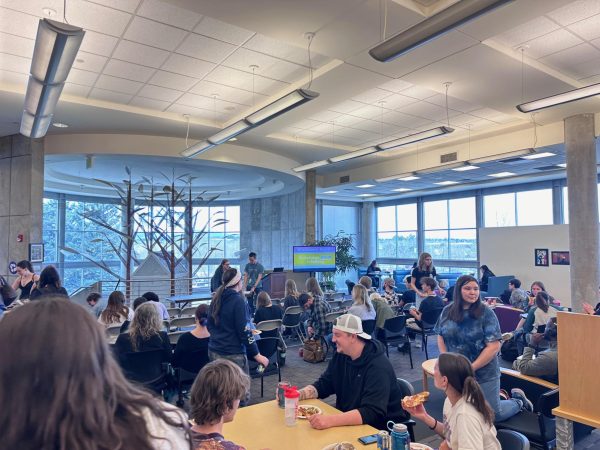 After all four speakers concluded, the discussion turned to the audience. Attendees asked lots of great questions about the goals of the panel, and the inspiration behind it. They also chimed in with many thoughtful comments. One audience member was a teenager back in the early 1970s, and she expressed how tumultuous the time was from her anecdotal experience, and praised the panel for accurately reflecting that. One of ACC’s many fantastic librarians, Mitch Cota, shared the news that the Supreme Court refused to hear the case of McKesson vs Doe. According to Cota, this means that in some states protest organizers can be held liable for any crime or injuries that occur at protests they organize, even if the organizer themselves did not condone the action. Cota expressed to the rest of the audience that this has the potential to produce a great impact on current and future activism, by disincentivizing protests as a whole and/or potentially having their leaders face criminal charges just for organizing.
After all four speakers concluded, the discussion turned to the audience. Attendees asked lots of great questions about the goals of the panel, and the inspiration behind it. They also chimed in with many thoughtful comments. One audience member was a teenager back in the early 1970s, and she expressed how tumultuous the time was from her anecdotal experience, and praised the panel for accurately reflecting that. One of ACC’s many fantastic librarians, Mitch Cota, shared the news that the Supreme Court refused to hear the case of McKesson vs Doe. According to Cota, this means that in some states protest organizers can be held liable for any crime or injuries that occur at protests they organize, even if the organizer themselves did not condone the action. Cota expressed to the rest of the audience that this has the potential to produce a great impact on current and future activism, by disincentivizing protests as a whole and/or potentially having their leaders face criminal charges just for organizing.
All in all, “World on Fire: The 1960s and 1970s” shed light on a great number of movements from those two decades and the impact they had then and today, both in direct and indirect manners. The panelists and audience also were able to tie these movements and issues to the present. As Netwig said: “The gap between then and now is not as large as we might intuitively think, and the nightmares of the past — socioeconomic inequality, white supremacy, xenophobia, and colonialism, among others — are very much alive and increasingly rabid in the present.” Hopefully, this panel inspires members of the audience to band together with their community and fervently fight injustice, just like many did back then.



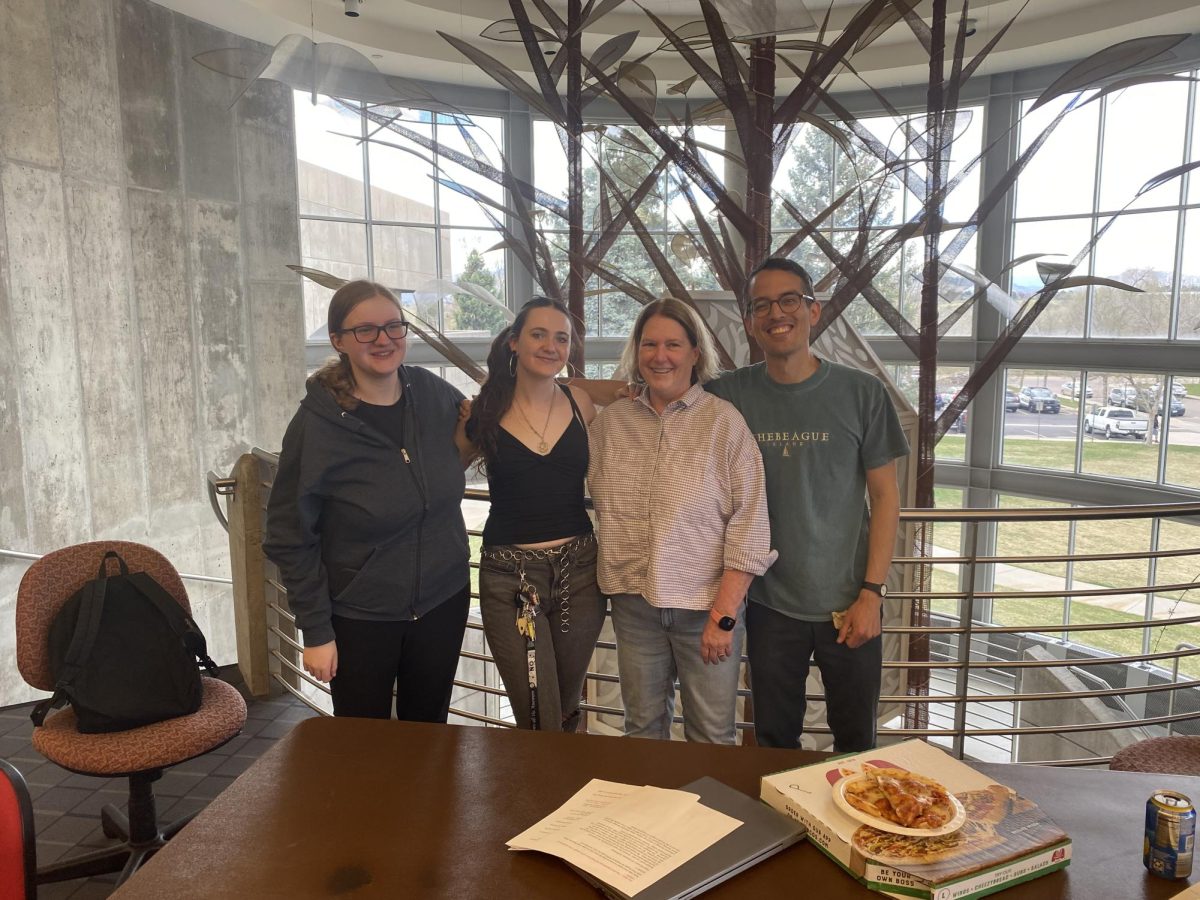
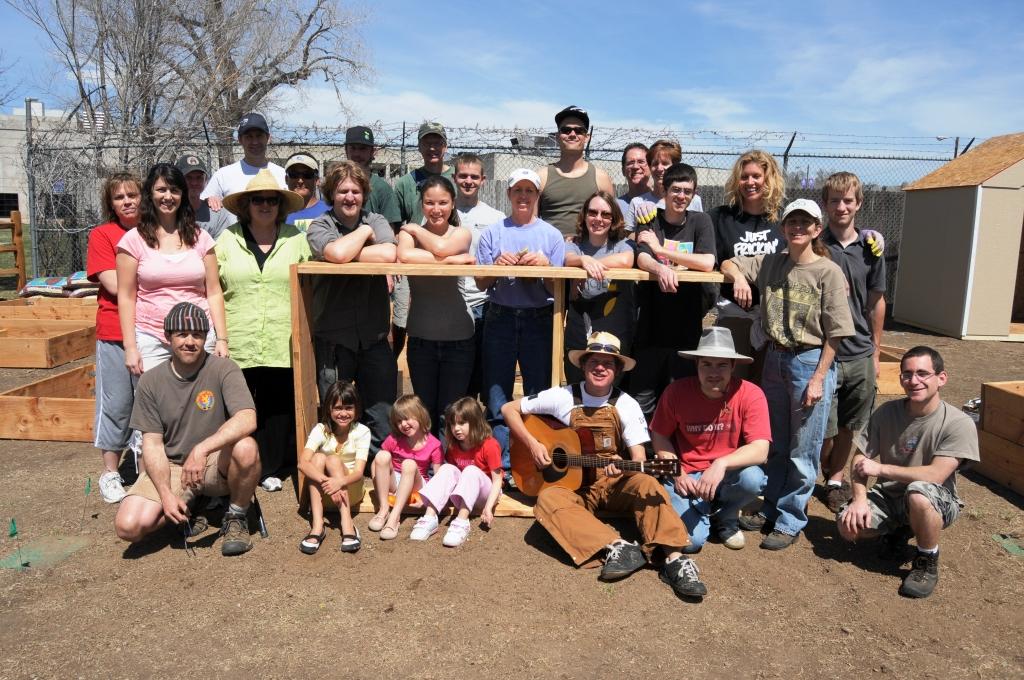
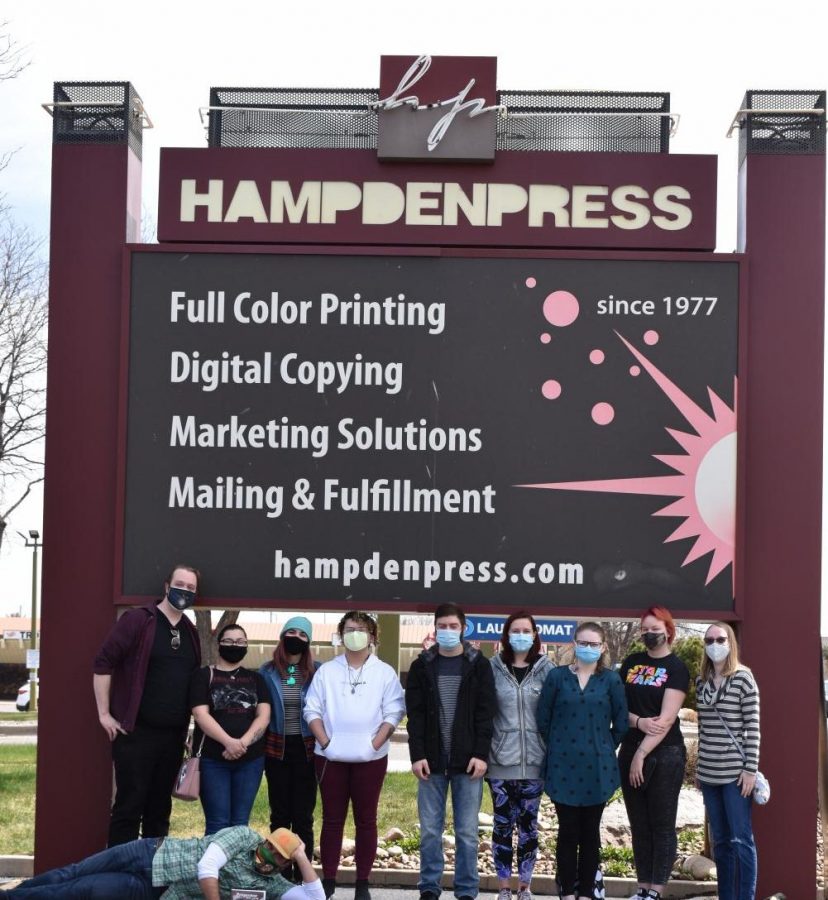
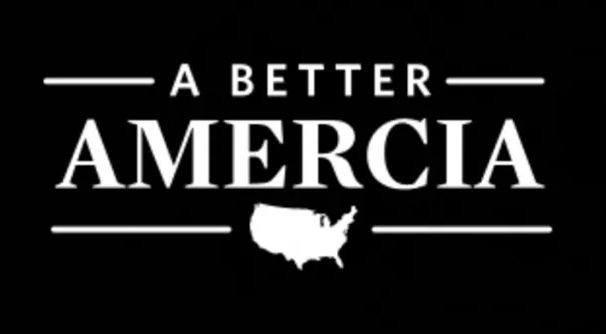
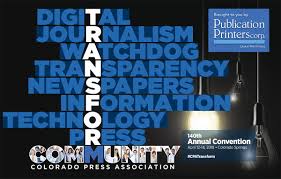
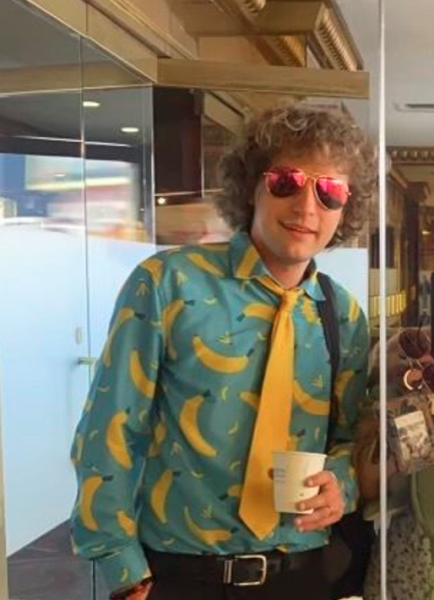
Gerald Dorcas • Apr 23, 2024 at 5:11 pm
Alex, you are very Smart, you are going to be a great journalist. Congratulations on a article well done. Love you Alex